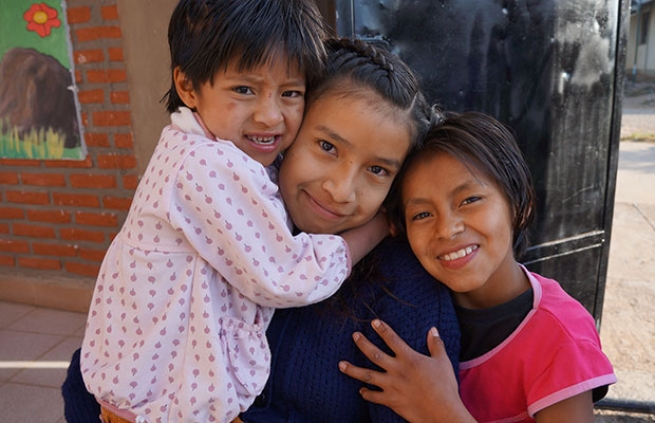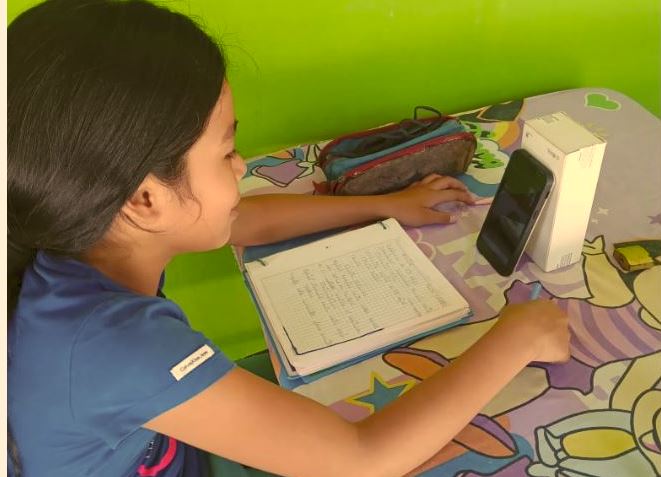BOLIVIA: Salesian Missionaries Educate 80,000 Youth in 230 Salesian Schools and Educational Programs in Bolivia

(MissionNewswire) Nearly 3,000 teachers educate 80,000 youth in 230 Don Bosco schools and educational programs across Bolivia. These Salesian schools and programs were founded to educate poor and disadvantaged youth and seek to counter the socioeconomic factors that negatively impact education such as low wages, politicization of educational guidelines, high rates of absenteeism and high dropout rates.
In February, Salesian educators from across the country met at the Salesian House in Cochabamba, a city in central Bolivia, to discuss educational priorities and training needs, assess the current educational resources available and to develop new programs for pastoral work, schools for families and pedagogical work. More than 130 Salesian educators participated in the meeting.
“Teachers are the backbone of the Salesian educational system and we are dedicated to providing the support and training they need,” says Father Mark Hyde, executive director of Salesian Missions, the U.S. development arm of the Salesians of Don Bosco. “The value of strong teachers can be seen in the accomplishments of youth that graduate from their classes. Salesian missionaries believe that access to education is critical to help youth learn job skills, improve their lives and find a path out of poverty.”
One successful Salesian program in the capital city of Santa Cruz is the Don Bosco Project which offers a safe haven for homeless children with nowhere else to turn. The goal of the project is to provide comprehensive rehabilitation and vocational training opportunities that bring social inclusion and meaningful employment to students. Extending beyond providing emergency shelter, clothing and nutritious meals, the project brings together psychologists, social workers, medical staff and teachers to address the needs of the more than 700 youth who access the program.
“This work is more important now than ever,” says Fr. Hyde. “The number of children living on the streets of Bolivia has reached crisis levels. Without our help, poor youth fall through the cracks of a society bent on pushing them aside and the cycle of poverty and hopelessness continues.”
Bolivia is the poorest country in South America and has the most unequal income distribution on the continent. According to UNICEF, 60 percent of Bolivians live below the poverty line with 40 percent of those living in extreme poverty. The poverty rate is higher in rural areas where the rate increases to 75 percent of the population. It is common for Bolivians to struggle to find adequate nutrition, shelter and other basic necessities.
The geography of Bolivia contributes to the overwhelming poverty of its residents. Large swaths of the country remain undeveloped with a lack of roads and infrastructure in place, negatively impacting the indigenous farming populations who typically live there. Only half of rural children complete primary school and many others leave school to help support their families, according to UNICEF. There are others who are left homeless by parents who cannot afford to care for them and those who leave their homes to escape violence.
###
Sources:
ANS – Bolivia – Don Bosco Schools serve thousands and thousands of young people
UNICEF – Bolivia




